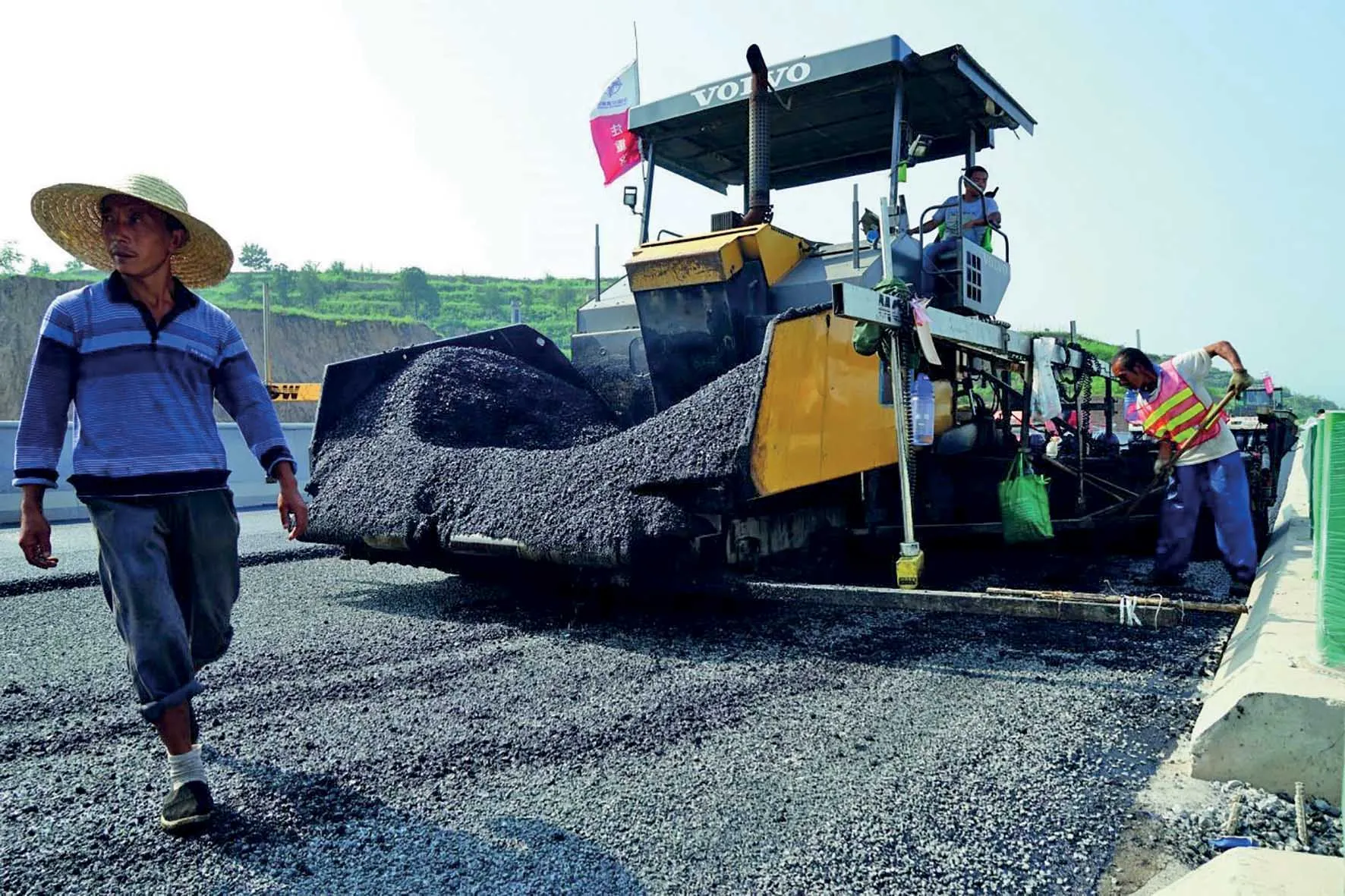A series of loans from the Inter-American Development Bank (IADB) will help finance transportation projects in Costa Rica. Totaling around US$1 billion, the loans will allow a substantial package of works to get underway. This will be of major importance to Costa Rica as it will unlock several key road and transport projects so far held back by the availability of suitable funding. However, the Costa Rican authorities have yet to announce all the road projects intended for construction. So far only three hi
September 21, 2015
Read time: 2 mins
A series of loans from the Inter-American Development Bank (IADB) will help finance transportation projects in Costa Rica. Totaling around US$1 billion, the loans will allow a substantial package of works to get underway. This will be of major importance to Costa Rica as it will unlock several key road and transport projects so far held back by the availability of suitable funding. However, the Costa Rican authorities have yet to announce all the road projects intended for construction. So far only three highway projects have commenced. Some $300 million has been targeted at building the Canas-Liberia road, the Paso Ancho level crossing, the Pozuelo-Jardines del Recuerdo section of road and the northern part of the San Carlos road. And only the Canas-Liberia road and the Paso Ancho crossing are under construction at present. The Costa Rica Government has yet to decide on how the remaining loans should be allotted for transportation works. The loans will help boost the country’s economy by improving transport and there is some hope within the construction sector that the project schedules will be announced shortly.
In a separate development, the IADB has handed over a loan of $60 million to improve local road networks, or Red Vial Cantonal, and this project at least is underway.
In a separate development, the IADB has handed over a loan of $60 million to improve local road networks, or Red Vial Cantonal, and this project at least is underway.








